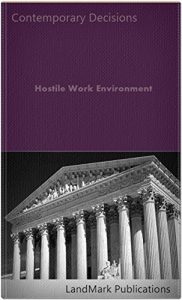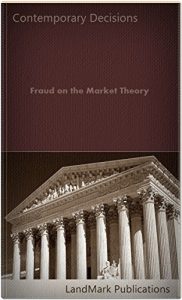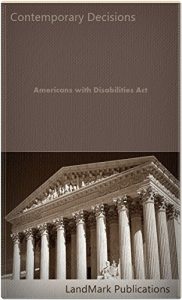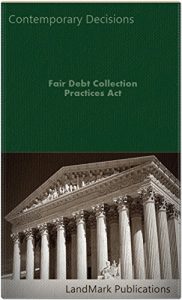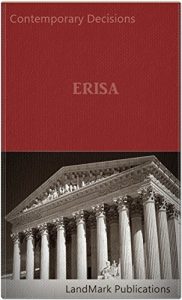THIS CASEBOOK is Volume I of a three part series that contains selected historic Supreme Court decisions which interpret provisions of the First Amendment. Volume I covers freedom of speech. Volume II covers freedom of the press, freedom of assembly, freedom of association, flag desecration, symbolic speech, commercial speech, obscenity and political speech. Volume III covers the Free Exercise Clause and the Establishment Clause.
The First Amendment provides that "Congress shall make no law respecting an establishment of religion, or prohibiting the free exercise thereof, or abridging the freedom of speech or of the press; or the right of the people peaceably to assemble and to petition the government for a redress of grievances."
Freedom of speech and freedom of the press, which are protected by the First Amendment from infringement by Congress, are among the fundamental personal rights and liberties which are protected by the Fourteenth Amendment from invasion by state action. Gitlow v. New York, 268 U.S. 652, 666; Stromberg v. California, 283 U.S. 359, 368; Near v. Minnesota, 283 U.S. 697, 707; Grosjean v. American Press Co., 297 U.S. 233, 244; De Jonge v. Oregon, 299 U.S. 353, 364. See, also, Palko v. Connecticut, 302 U.S. 319. It is also well settled that municipal ordinances adopted under state authority constitute state action and are within the prohibition of the amendment. Raymond v. Chicago Union Traction Co., 207 U.S. 20; Home Telephone & Telegraph Co. v. Los Angeles, 227 U.S. 278; Cuyahoga River Power Co. v. Akron, 240 U.S. 462. Lovell v. City of Griffin, 303 US 444 (1938).
In the First Amendment the Founding Fathers gave the free press the protection it must have to fulfill its essential role in our democracy. The press was to serve the governed, not the governors. The Government's power to censor the press was abolished so that the press would remain forever free to censure the Government. The press was protected so that it could bare the secrets of government and inform the people. Only a free and unrestrained press can effectively expose deception in government. And paramount among the responsibilities of a free press is the duty to prevent any part of the government from deceiving the people and sending them off to distant lands to die of foreign fevers and foreign shot and shell. New York Times Co. v. United States, 403 US 713 (1971).
The First Amendment provides that "Congress shall make no law respecting an establishment of religion, or prohibiting the free exercise thereof, or abridging the freedom of speech or of the press; or the right of the people peaceably to assemble and to petition the government for a redress of grievances."
Freedom of speech and freedom of the press, which are protected by the First Amendment from infringement by Congress, are among the fundamental personal rights and liberties which are protected by the Fourteenth Amendment from invasion by state action. Gitlow v. New York, 268 U.S. 652, 666; Stromberg v. California, 283 U.S. 359, 368; Near v. Minnesota, 283 U.S. 697, 707; Grosjean v. American Press Co., 297 U.S. 233, 244; De Jonge v. Oregon, 299 U.S. 353, 364. See, also, Palko v. Connecticut, 302 U.S. 319. It is also well settled that municipal ordinances adopted under state authority constitute state action and are within the prohibition of the amendment. Raymond v. Chicago Union Traction Co., 207 U.S. 20; Home Telephone & Telegraph Co. v. Los Angeles, 227 U.S. 278; Cuyahoga River Power Co. v. Akron, 240 U.S. 462. Lovell v. City of Griffin, 303 US 444 (1938).
In the First Amendment the Founding Fathers gave the free press the protection it must have to fulfill its essential role in our democracy. The press was to serve the governed, not the governors. The Government's power to censor the press was abolished so that the press would remain forever free to censure the Government. The press was protected so that it could bare the secrets of government and inform the people. Only a free and unrestrained press can effectively expose deception in government. And paramount among the responsibilities of a free press is the duty to prevent any part of the government from deceiving the people and sending them off to distant lands to die of foreign fevers and foreign shot and shell. New York Times Co. v. United States, 403 US 713 (1971).

